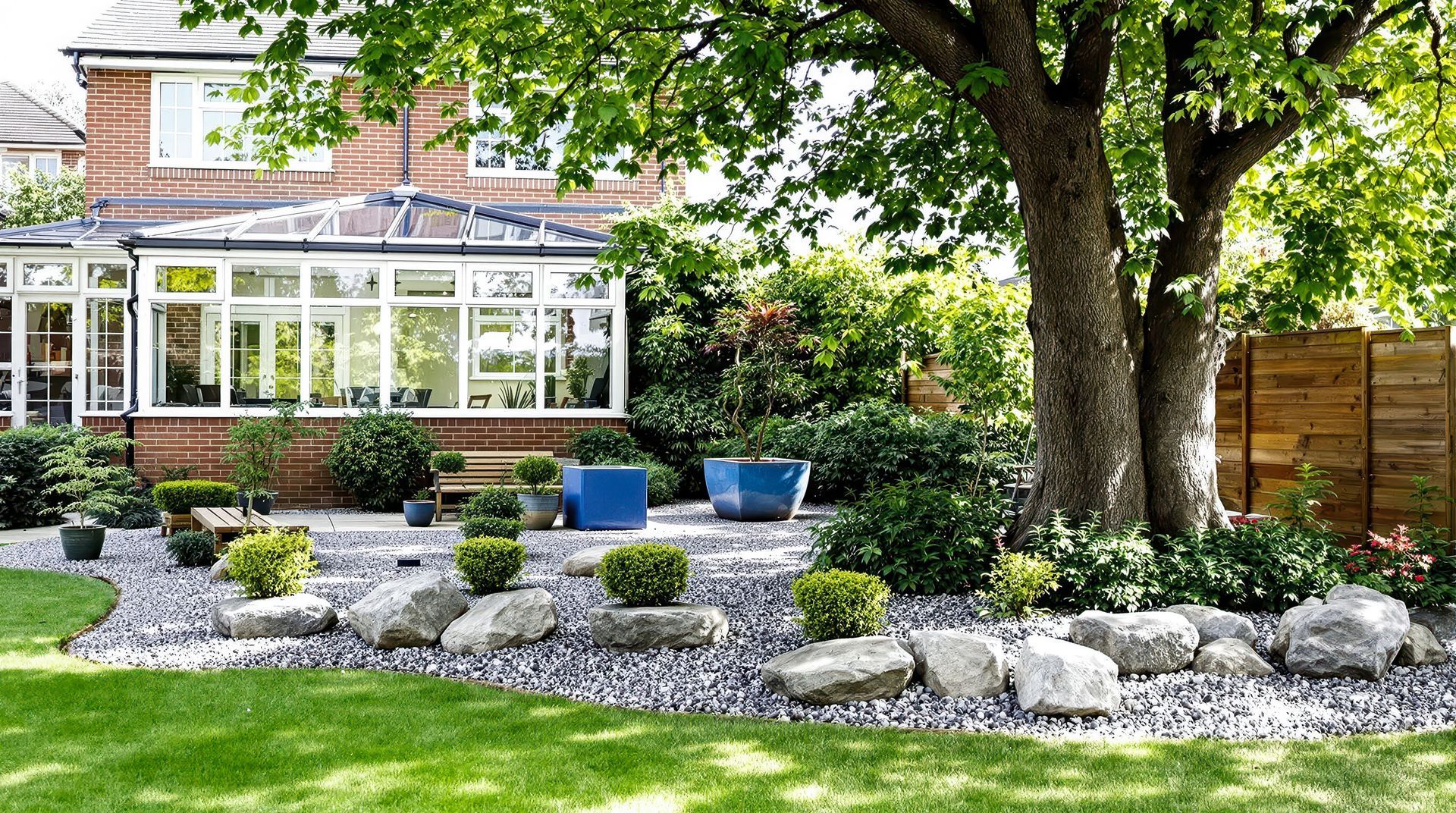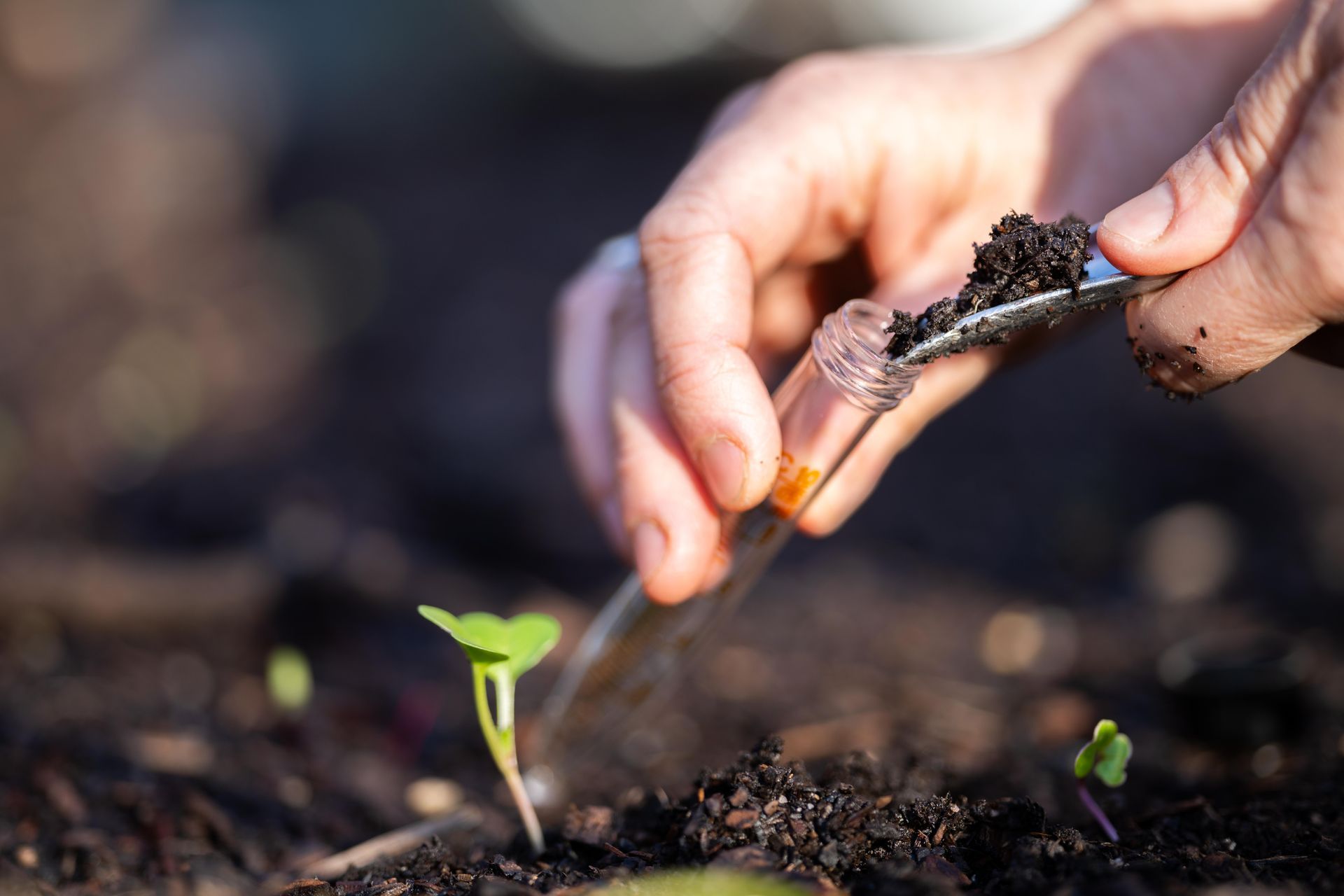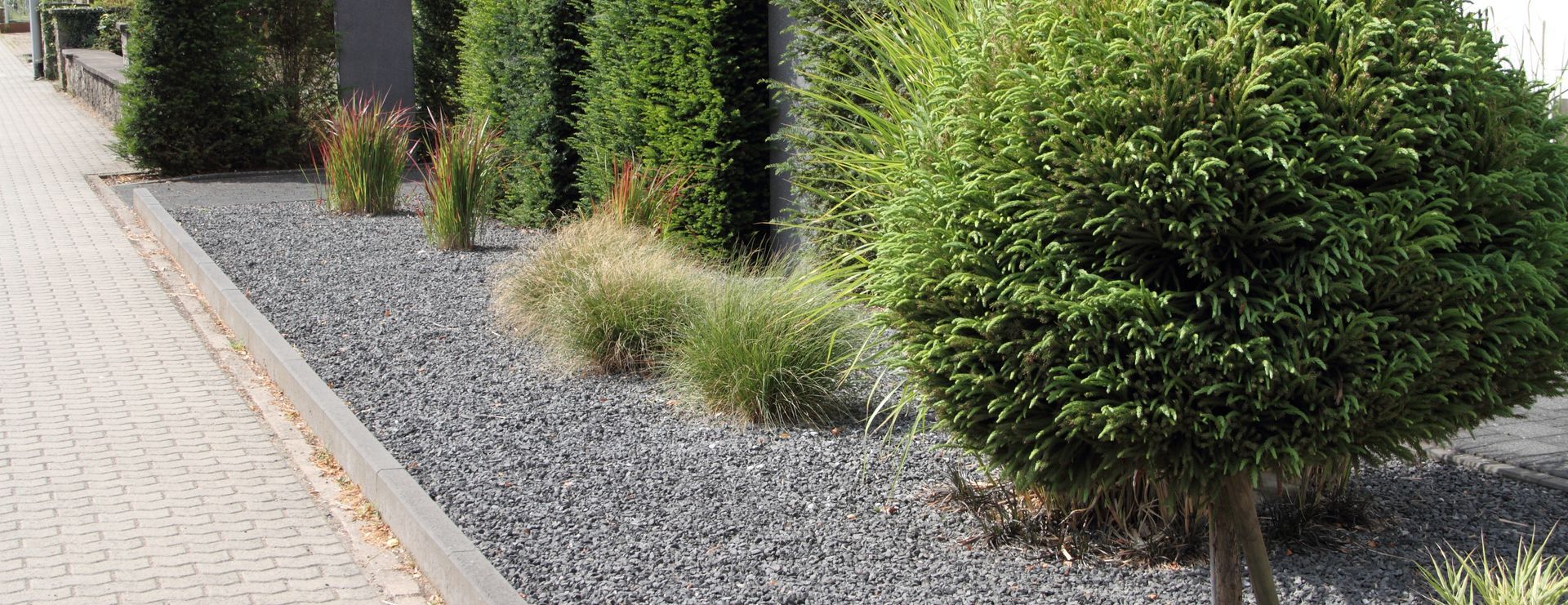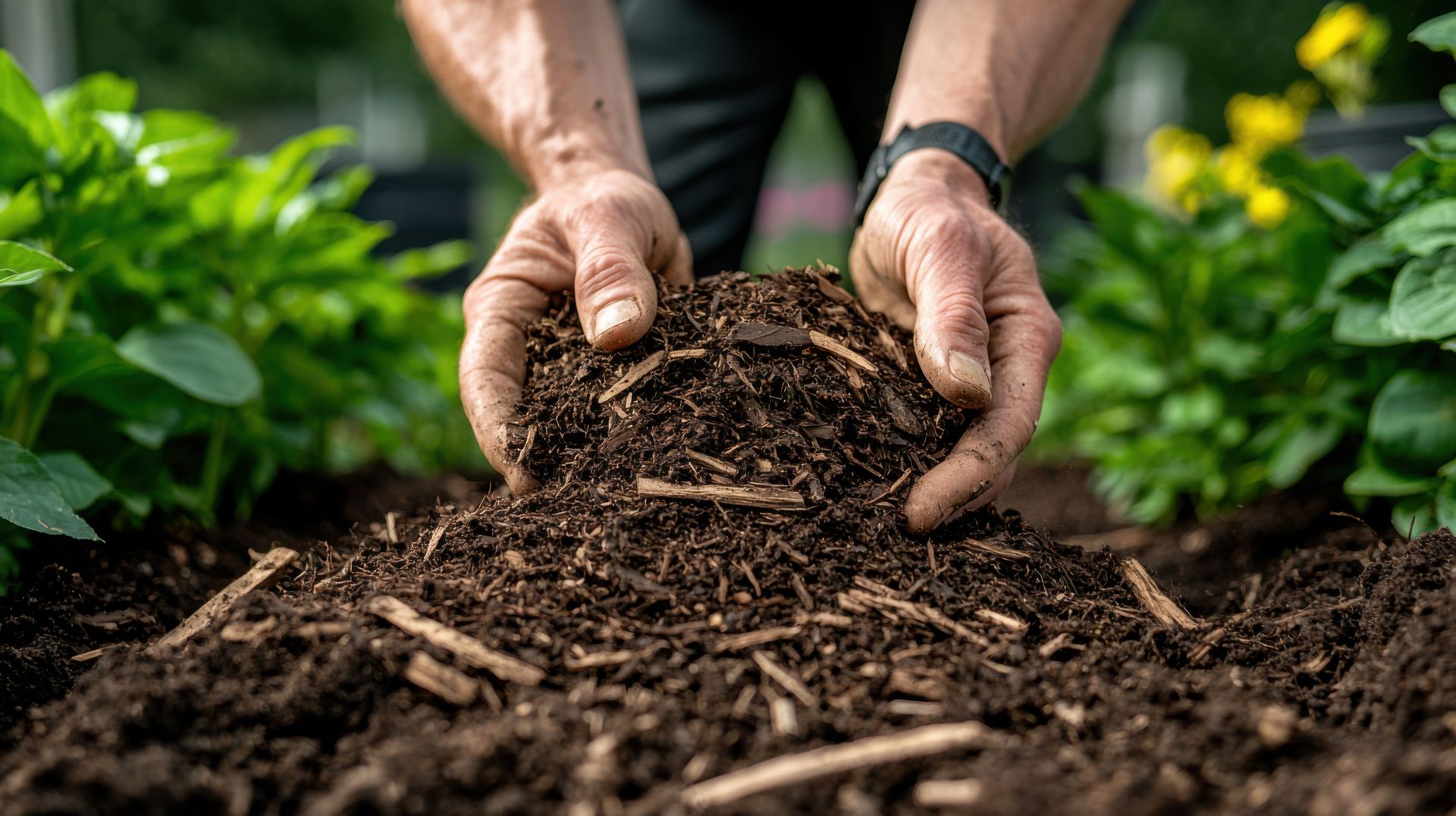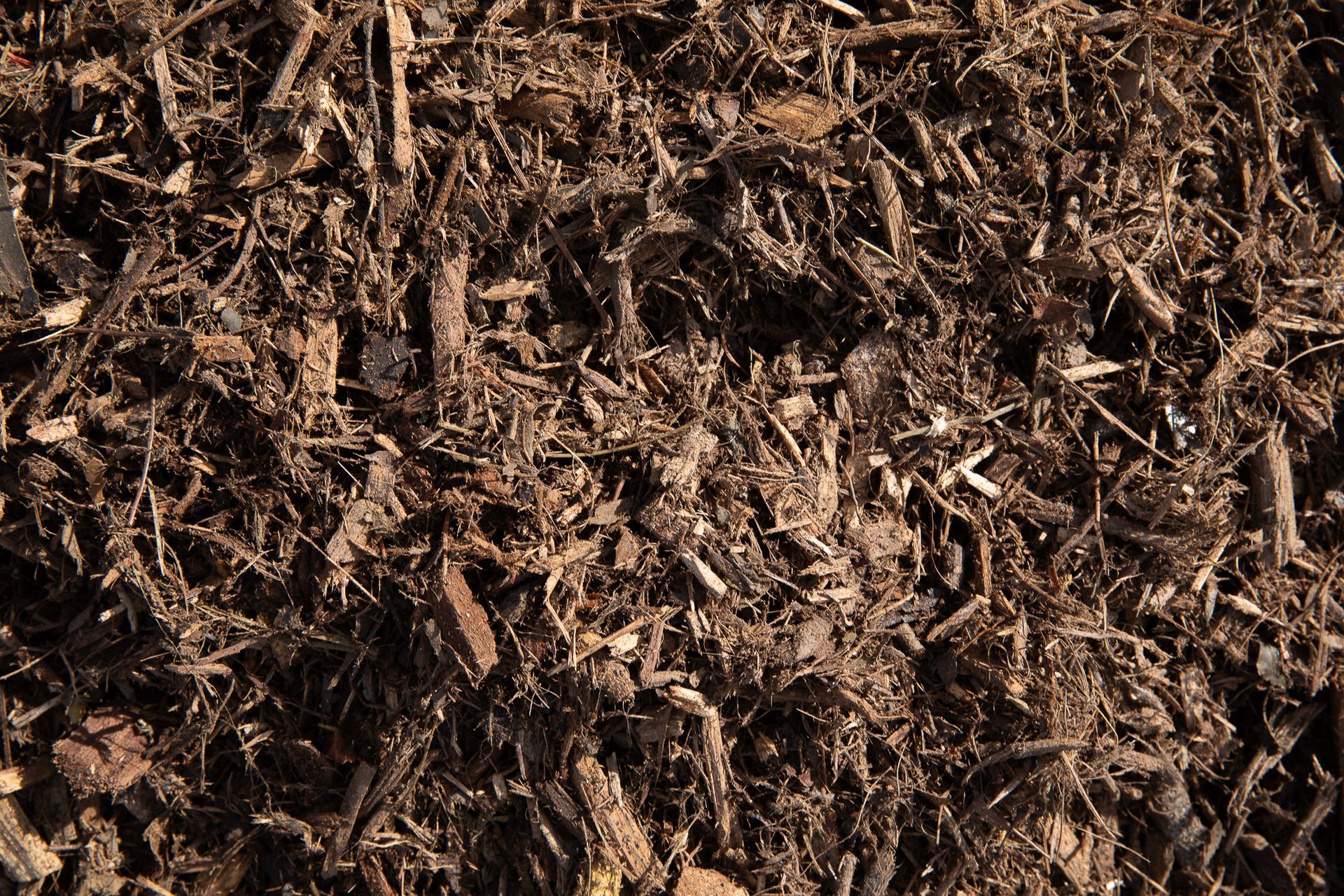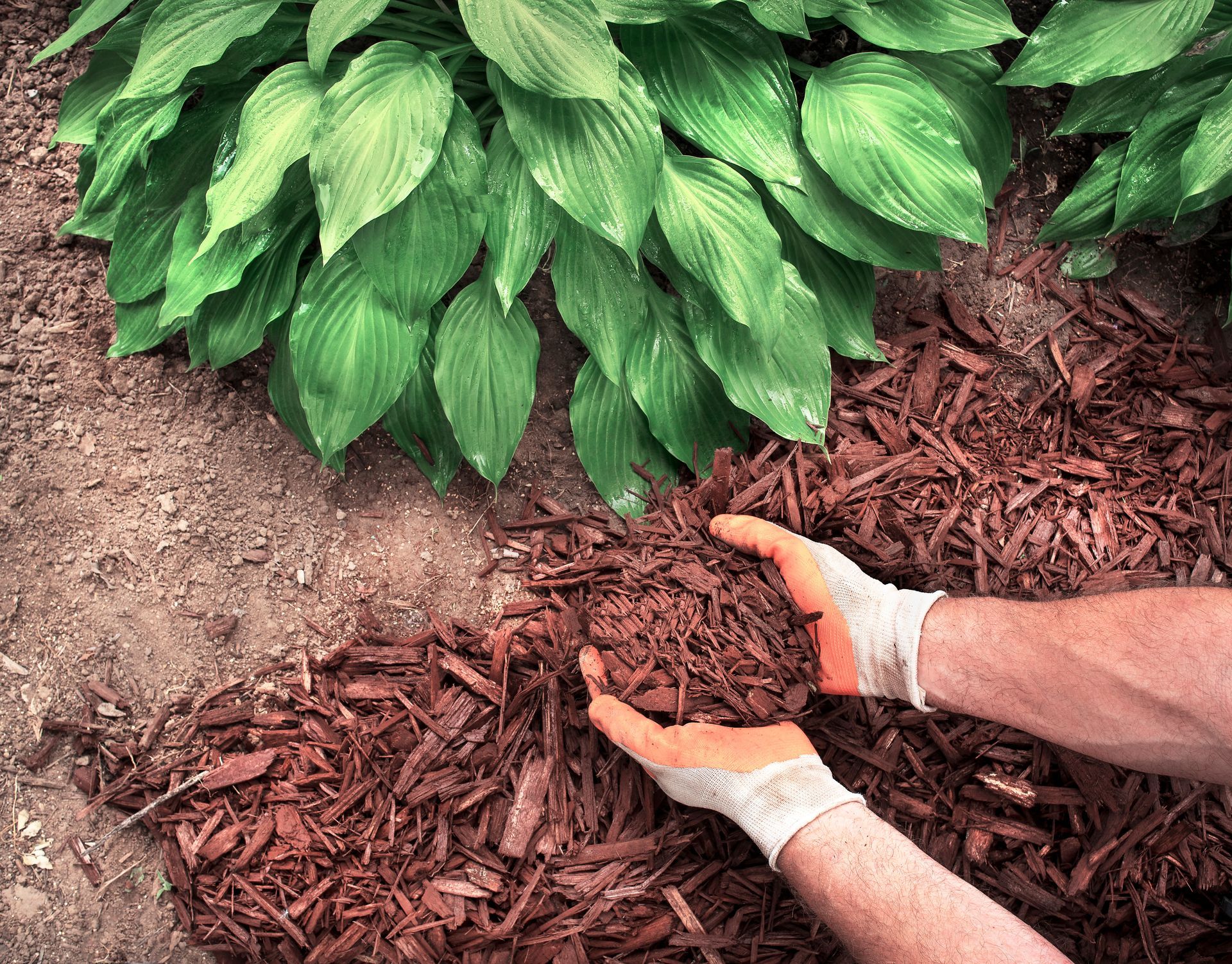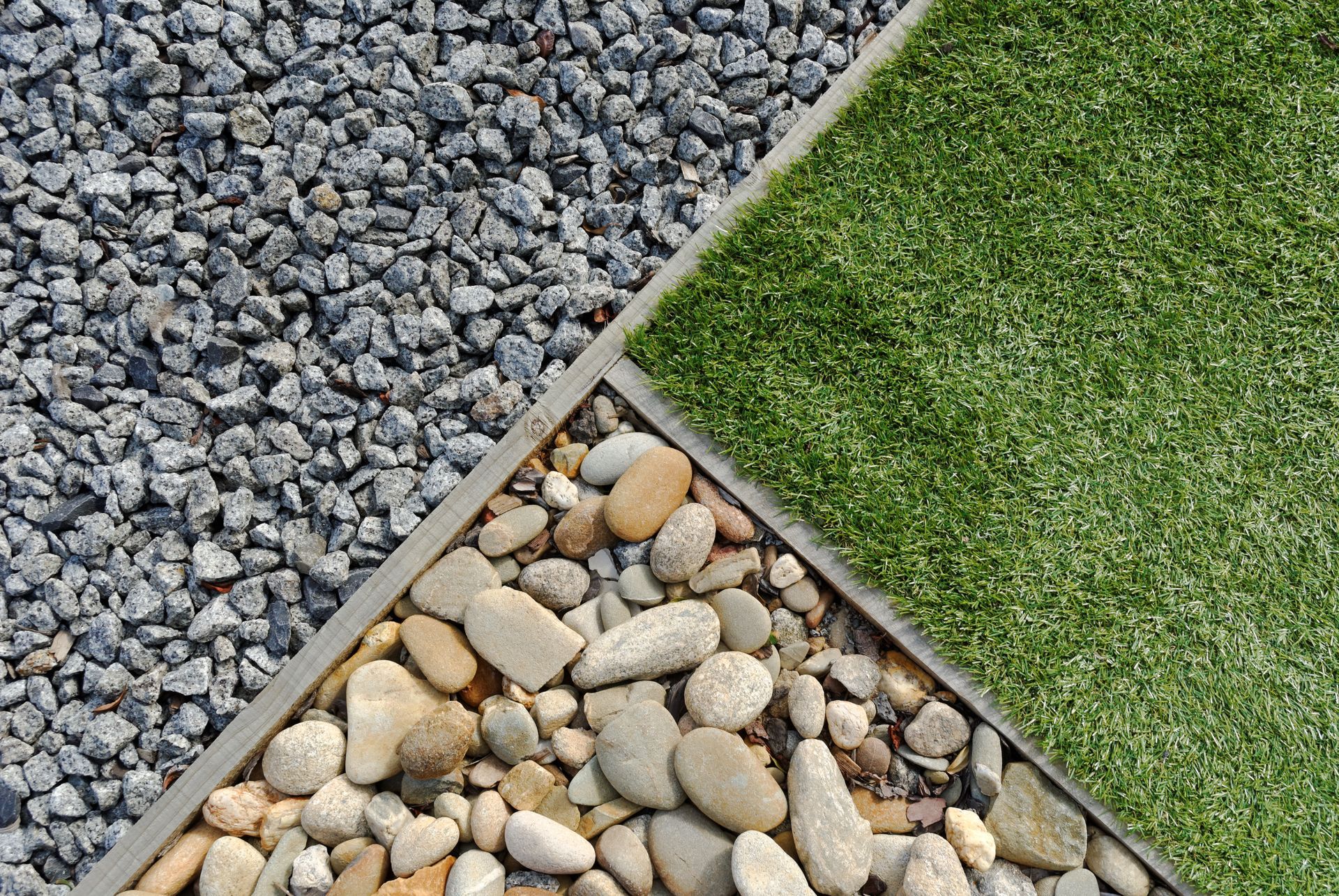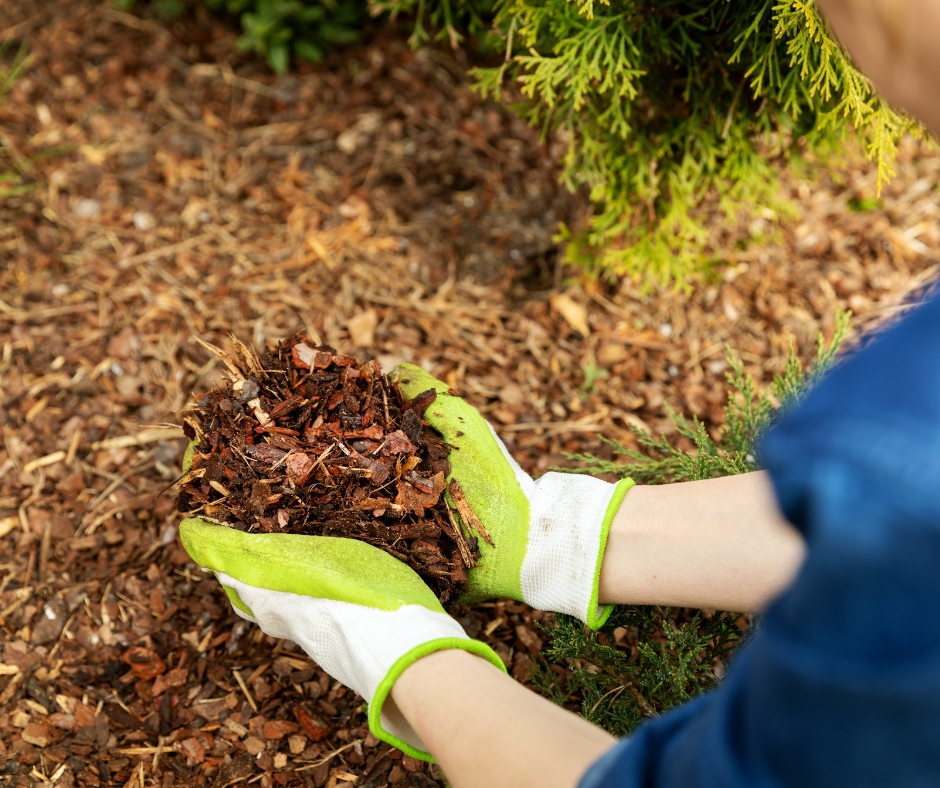Improving Soil Quality: Tips and Techniques for a Thriving Garden
Healthy soil is the foundation of a vibrant and productive garden. Whether you're growing vegetables, flowers, or drought-tolerant plants, improving your soil quality can make all the difference in plant health, resilience, and overall garden success. In this blog post, we’ll explore proven methods to boost soil fertility, the benefits of organic amendments and composting, and tips for maintaining healthy soil structure in your San Diego landscape.
Why Soil Quality Matters
Soil does more than hold up your plants—it provides them with essential nutrients, water, oxygen, and a thriving ecosystem of beneficial organisms. Poor-quality soil can lead to weak growth, nutrient deficiencies, pest problems, and wasted time and money. But with the right techniques, you can turn tired, compacted, or nutrient-poor soil into a thriving garden bed.
1. Methods to Improve Soil Fertility
Improving soil fertility means increasing the nutrient content available to plants and enhancing the soil's ability to hold moisture and support microbial life. Here are some effective ways to do just that:
Add Organic Matter
Incorporating organic matter is one of the best ways to boost soil fertility. Organic materials, such as compost, aged manure, or leaf mold, break down slowly and release nutrients over time.
- Tip: Mix 2–4 inches of organic matter into the top 6–8 inches of soil before planting. Repeat this process once or twice a year to maintain fertility.
Rotate Crops
If you grow vegetables or annuals, rotating crops each season can help prevent nutrient depletion and reduce the risk of soil-borne diseases.
- Example: Avoid planting tomatoes in the same spot each year. Instead, rotate with legumes like beans or peas, which add nitrogen to the soil.
Use Cover Crops (Green Manure)
Cover crops like clover, vetch, or rye are grown specifically to improve soil health. They help fix nitrogen, prevent erosion, and add organic material when tilled back into the soil.
- Best Time: Plant cover crops during the off-season (fall or winter in San Diego) and till before spring planting.
2. Benefits of Organic Amendments and Composting
Organic amendments and compost provide a slow, steady release of nutrients, improve soil structure, and promote a healthy soil ecosystem. Here’s why they’re so valuable:
Compost
Compost is decomposed organic matter that enriches soil with essential nutrients and beneficial microbes. It improves the texture of both clay and sandy soils, making it easier for plant roots to grow.
- Benefits:
- Adds nutrients like nitrogen, phosphorus, and potassium.
- Improves soil aeration and water retention.
- Encourages earthworm activity and beneficial microbes.
Aged Manure
Properly aged (or composted) animal manure is a powerful soil amendment that is rich in nutrients and organic material.
- Caution: Always use well-aged manure to avoid burning plants and introducing pathogens. Avoid using pet waste or fresh manure.
Mulch as an Amendment
Organic mulches like wood chips and straw slowly break down and contribute to soil health. Over time, they act as a natural compost layer while controlling weeds and conserving moisture.
- Tip: Top-dress beds with 2–3 inches of mulch and allow it to naturally integrate into the soil.
3. Tips for Maintaining Healthy Soil Structure
Good soil structure allows air and water to flow freely while supporting root development. Poor structure—often caused by compaction or overworking the soil—can lead to drainage problems and root stress.
Avoid Over-Tilling
Excessive tilling breaks up soil aggregates and harms beneficial organisms. Use tilling sparingly and only when necessary.
- Alternative: Consider no-till or low-till gardening methods that maintain soil structure and reduce disturbance.
Prevent Soil Compaction
Walking on garden beds can compress the soil, limiting root growth and water absorption.
- Solution: Create designated pathways and use stepping stones to avoid walking directly in growing areas.
Keep Soil Covered
Bare soil is vulnerable to erosion, drying out, and weed invasion. Cover it with mulch, plants, or a living ground cover to protect and nourish the soil.
- Tip: In between planting seasons, use a layer of mulch or a cover crop to protect soil health.
Conclusion
Healthy soil is the key to a thriving, low-maintenance garden. By incorporating organic matter, rotating crops, and using compost and mulch, you’ll improve soil fertility and structure naturally. Whether you’re starting a new garden or revitalizing an existing one, these soil-improving techniques will create a strong foundation for years of beautiful growth.
At North County Supply, we offer high-quality soil amendments, compost, and mulch to help San Diego gardeners build and maintain healthy soil. Stop by or give us a call to learn more about the best products for your garden!
